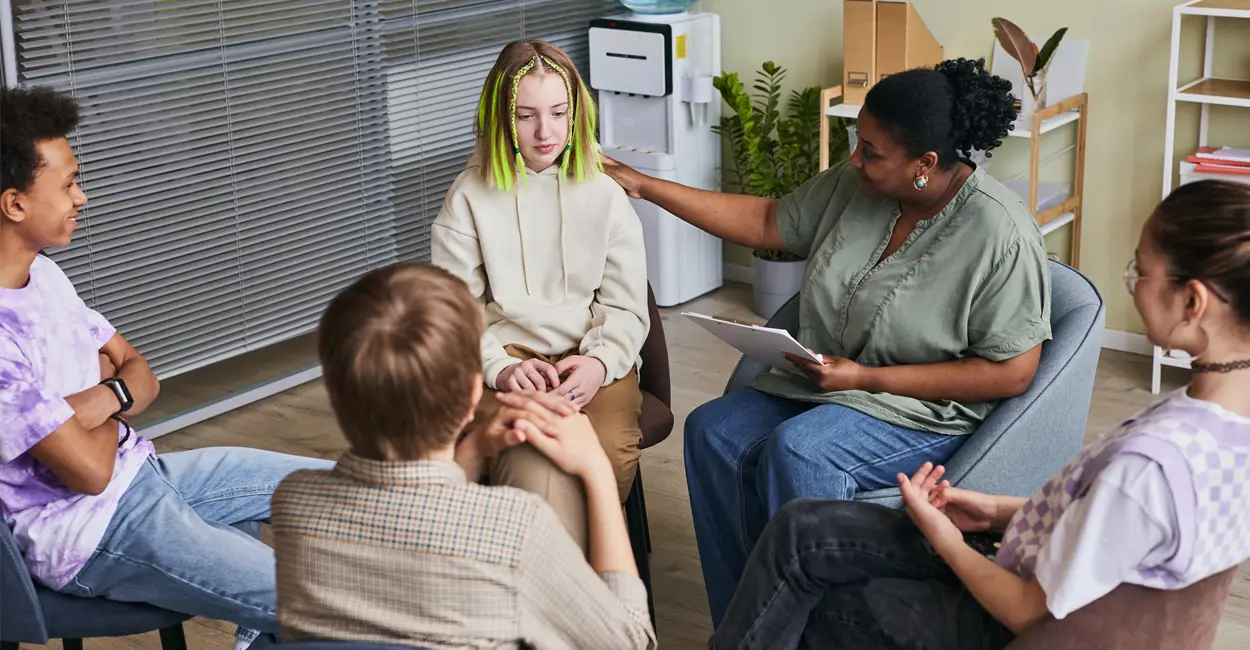24/7 Helpline:
(866) 899-111424/7 Helpline:
(866) 899-1114
Other Insurance Options

Oxford

Ambetter

Coventry Health Care

MHNNet Behavioral Health

WellCare Health Plans

Ceridian

Covered California

BlueCross

Access to Recovery (ATR) Voucher

Premera

Group Health Incorporated

Magellan Health

Excellus

Humana

Optima

Meritain

UMR

WellPoint

GEHA

Cigna

















